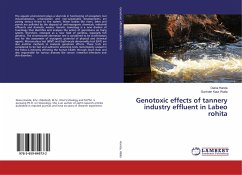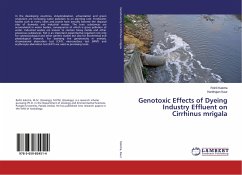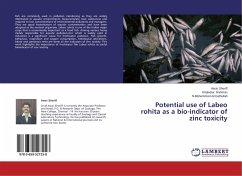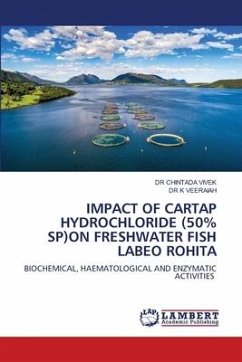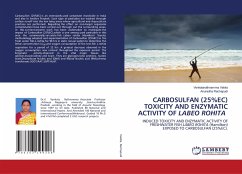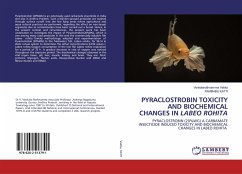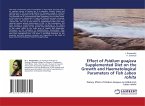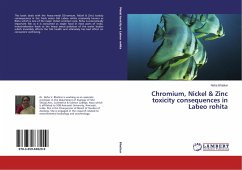The aquatic environment plays a vital role in functioning of ecosystem, but industrialization, urbanization and non-sustainable developments are posing serious threat to the system. Water bodies like rivers, lakes and ponds are polluted by the disposal of anthropogenic chemicals, industrial effluents and domestic wastes. Genetic toxicology is a new division of toxicology that identifies and analyses the action of genotoxins on living system, therefore, emerged as a new field of genetics, especially fish genetics. The chromosome aberration test is considered to be confirmatory test for the assessment of mutagenic potential of physical and chemical agents. Micronucleus test (MNT) and Erythrocyte abnormality test (EAT) are also another methods to evaluate genotoxic effects. These tests are considered to be fast and authentic screening tests. Genotoxicity caused in the fishes is indirectly affecting the human health through food chain and also responsible for various diseases like cancer, intestinal infections and skin disorders.

